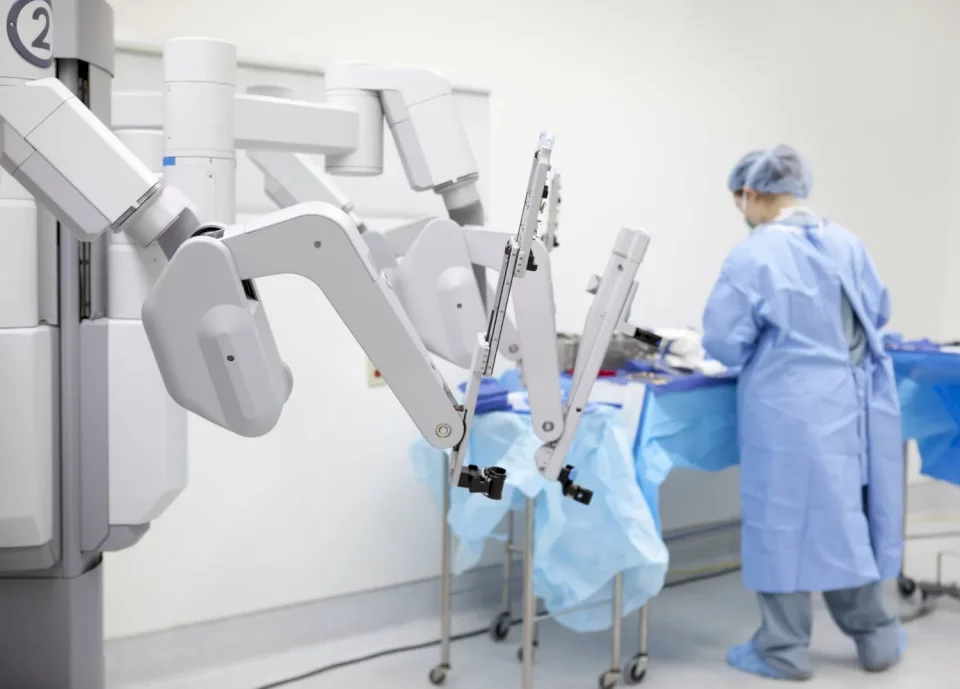
Pig Lung in Human Chest.. Successful Surgical Operation
Sada News - A group of scientists achieved a remarkable and significant breakthrough days ago by successfully transplanting a lung extracted from a pig into a human chest. Although this lung did not last long and ceased to function shortly after being transplanted, they confirmed that it is a critically important step in the field of organ transplantation and utilizing animal organs in the human body.
According to details published by the British newspaper "Daily Mail" and reviewed by "Al Arabiya Net", a genetically modified pig lung was transplanted into a 39-year-old man who was suffering from brain death due to severe brain hemorrhage.
Scientists stated that it is astonishing that the organ remained alive and functional for nine days, indicating that humans may one day live with transplanted pig lungs.
The scientists from Guangzhou Medical University in China said that their work is the first documented case of lung transplantation in a human body, adding: "Genetically modified pig lungs have never been transplanted into humans before."
The study shows that pig lungs are capable of maintaining their vitality and functions in recipients suffering from brain death for 216 hours.
Humans have previously lived for short periods with transplanted pig hearts and kidneys, but they have never lived with pig lungs.
This study represents an important step in the field of "xenotransplantation", which involves transplanting organs from one species to another.
Previous studies have proven the feasibility of transplanting kidneys, hearts, and livers from genetically modified pigs to humans, but lung transplantation poses a much greater challenge due to their fragility, complexity, and exposure to toxins from the outside air. As a result, the team had to make genetic modifications to a Chinese pig of the Bama Xiang breed before they extracted its left lung.
The "CRISPR" gene-editing tool was used to remove antibodies that could activate the human immune system after the transplant.
"CRISPR" is an innovative yet controversial technique that makes precise cuts in DNA, then harnesses natural DNA repair processes to modify the gene in the desired way.
After that, the lung was transplanted into the human recipient who was declared brain dead and thus officially considered deceased.
Experts found that the lung was not immediately rejected by the human body's immune system, but it maintained its "vitality and functions" for nine days. However, they noted signs of lung damage 24 hours after the transplant, and signs of "antibody-mediated rejection (AMR) of the lung on the third and sixth days after the transplant."
As a result of the lung being rejected by antibodies, where the recipient's immune system produces antibodies targeting the transplanted organ, the experiment was terminated on the ninth day.
The team states that this extraordinary procedure "demonstrates the feasibility of lung transplantation from pigs to humans," and the results clarify how pig lung transplantation could address the global organ shortage crisis.
It is promising that pigs are very similar to humans in terms of anatomy, so this type is generally used as a model for developing new treatments, according to scientists.

Developments in the Health Condition of Actress Susan Badr

How Artificial Intelligence Steals Our Faces and Our Money?

Interesting Statistics Reveal the Secret of Barcelona's Offensive Strength

7 Snacks That Give You More Energy Than Coffee

"SpaceX" Seeks Approval to Launch One Million Solar-Powered Data Center Satellites

Small Habits That Indicate the Strength of Your Character

"Google" Launches AI Tool to Understand Disease-Causing Genetic Mutations

